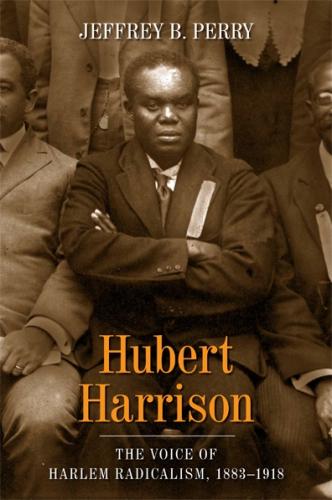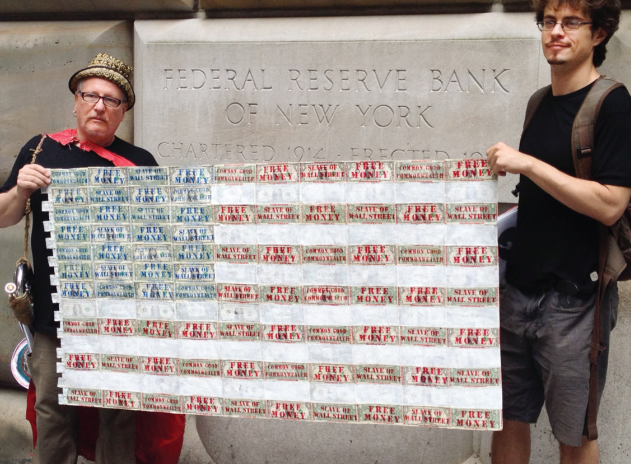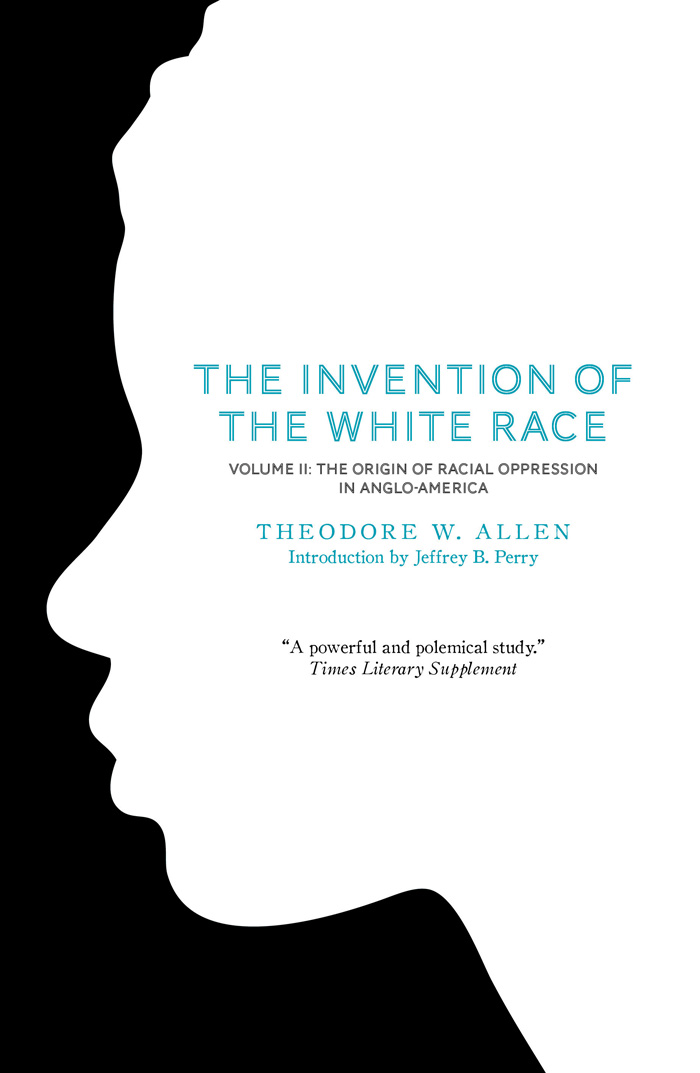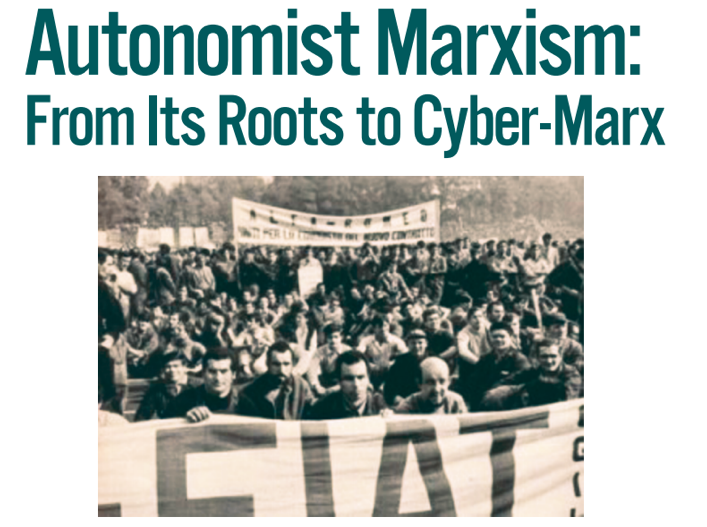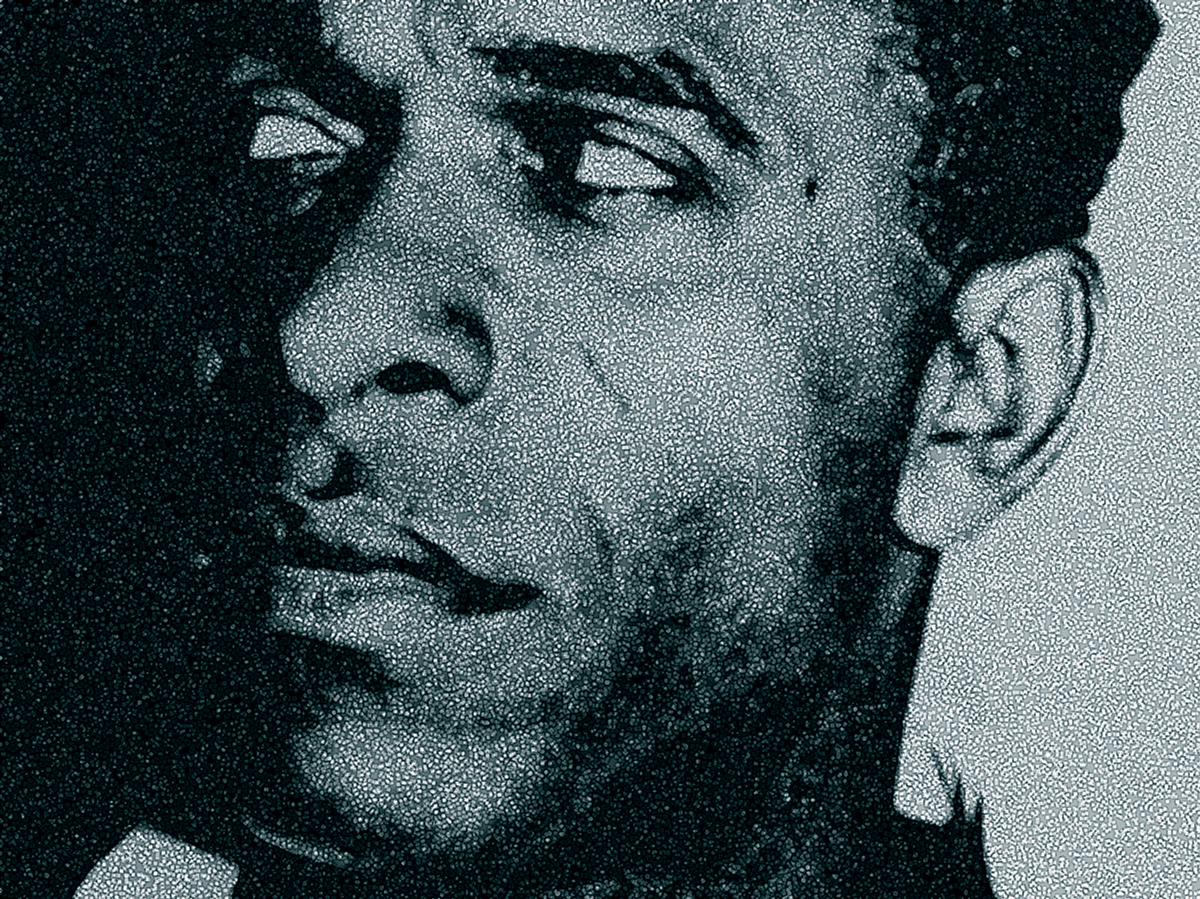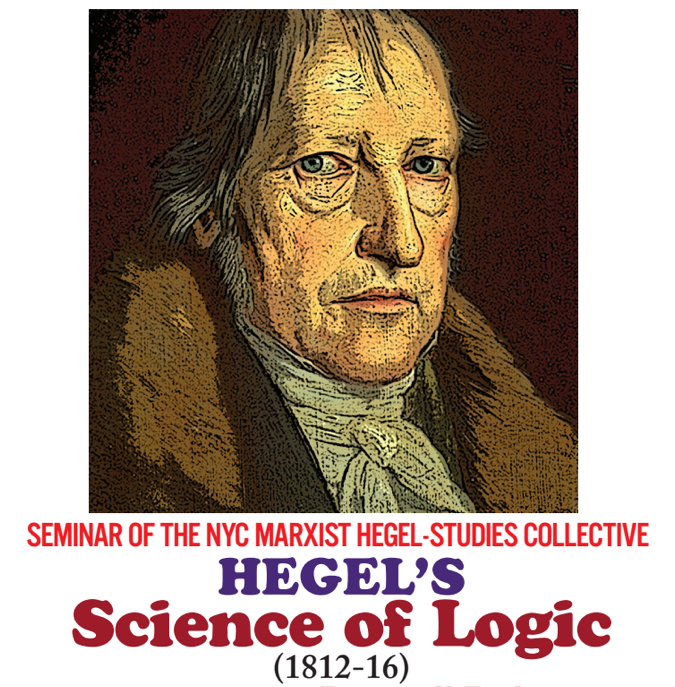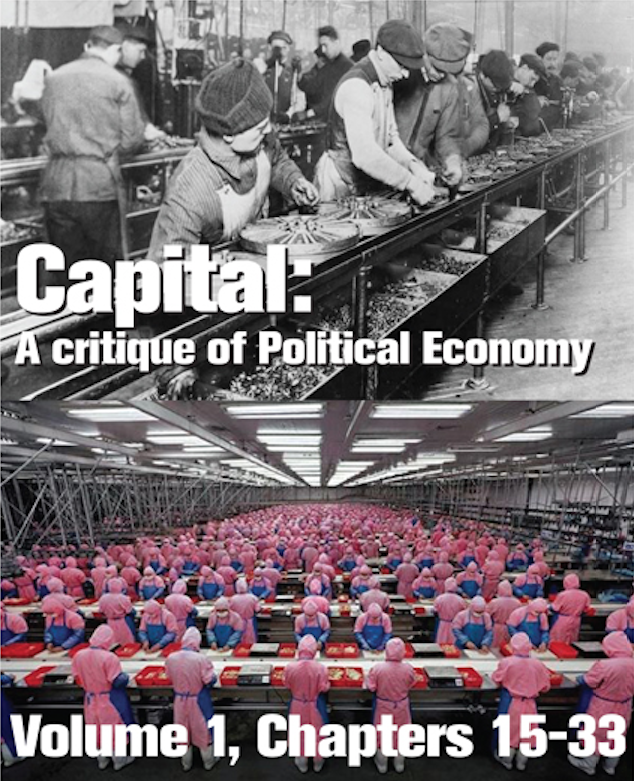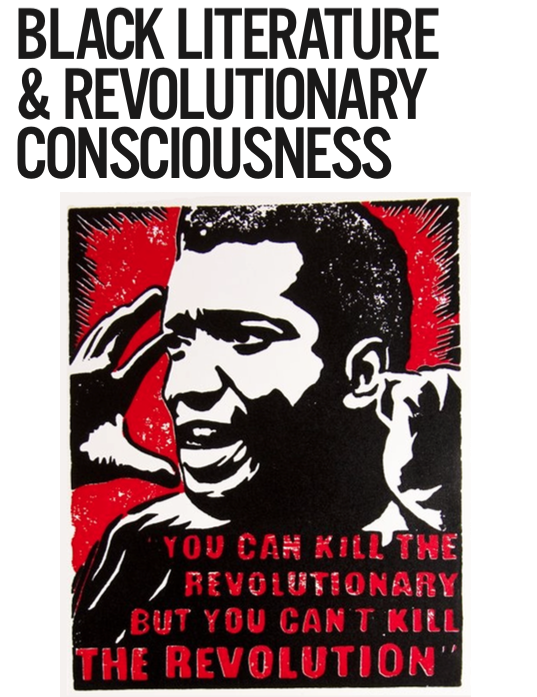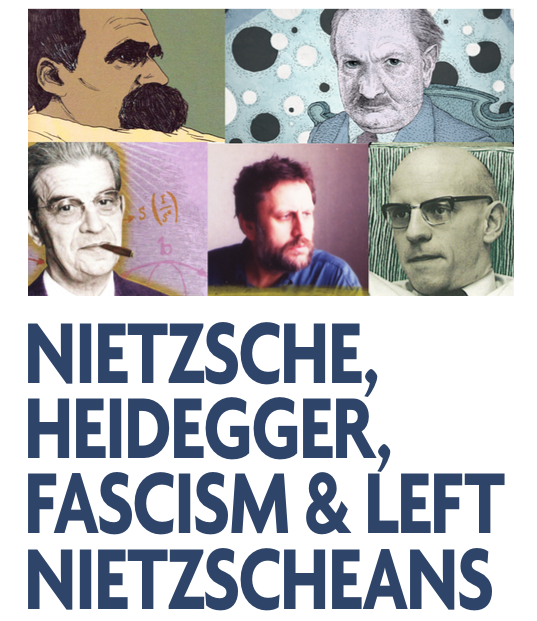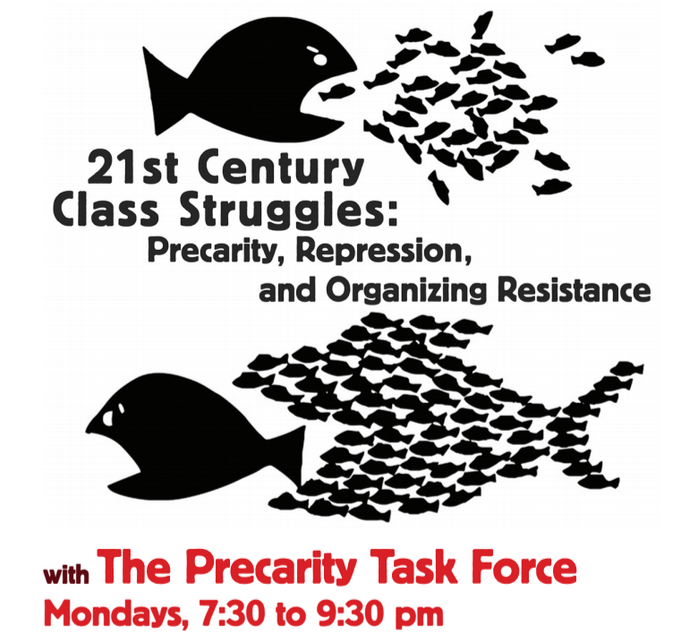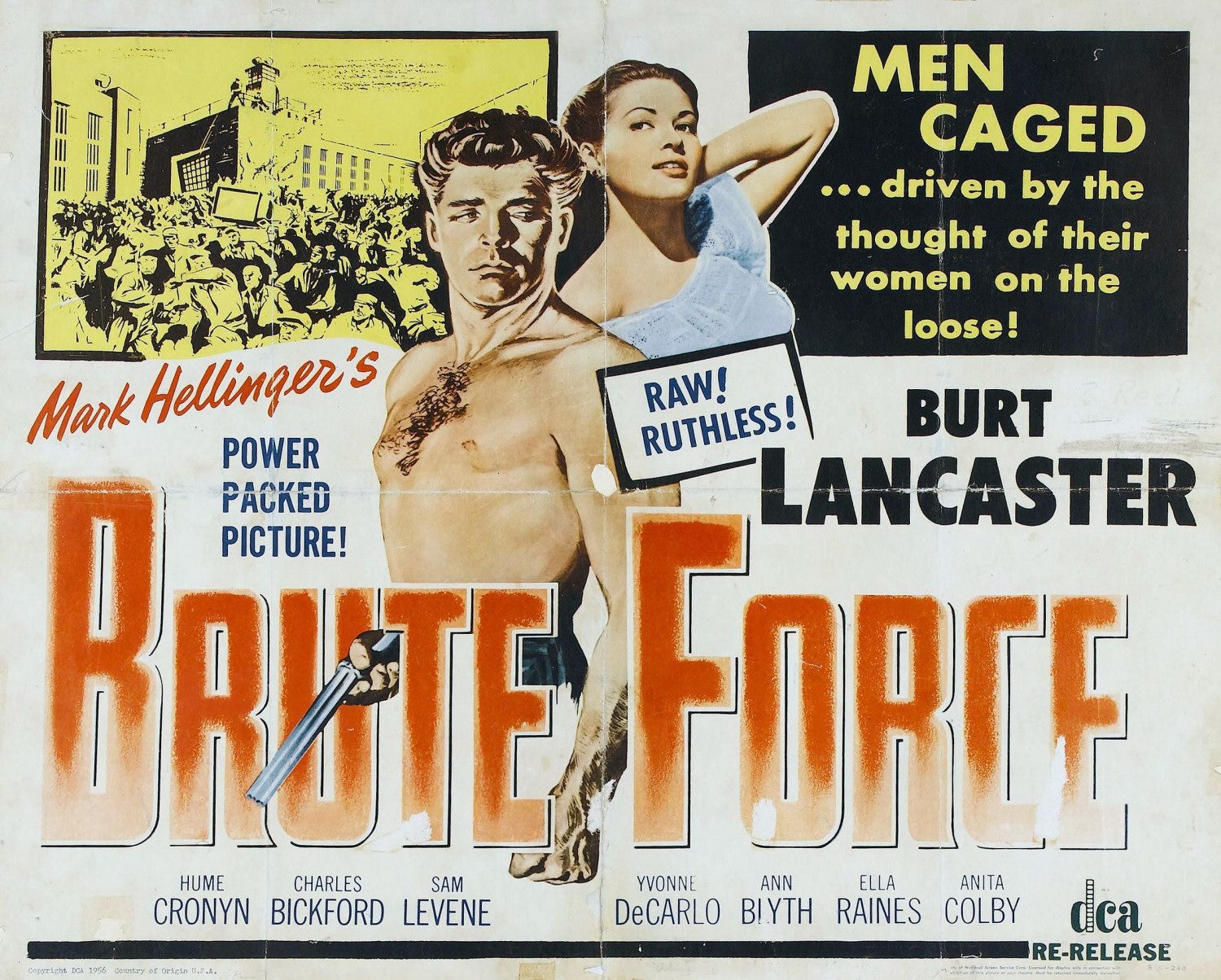Hubert Harrison: The Voice of Harlem Radicalism, 1883-1918
Hubert Harrison, (1883-1927) was a brilliant writer, orator, educator, critic, and political activist, who was described by the historian Joel A. Rogers as “the foremost Afro-American intellect of his time” and by A. Philip Randolph as “the father of Harlem Radicalism.”
Victor Serge: Midnight in the Century
In 1933, Victor Serge was arrested by Stalin’s police, interrogated, and held in solitary confinement for more than eighty days. Released, he spent two years in exile in remote Orenburg. These experiences were the inspiration for Midnight in the Century, Serge’s searching novel about revolutionaries living in the shadow of Stalin’s betrayal of the revolution.
Beyond Capitalism: Art, Performance & Politics
In 2008 artist and activist Jim Costanzo began appearing on Wall Street as the Aaron Burr Society, drawing upon a little-known figure from America's past as a way of critiquing and offering alternatives to the current dysfunctional capitalist system. The ABS distributed 100 one-dollar bills on Wall Street stamped with “Free Money” on one side and “Slave of New York” on the other. The Federal Reserve Bank was authorized to bail out Wall Street Banks with tax dollars from the 99% that was given as Free Money after the 2008 crash. Government deregulation and the subsequent corporate fraud caused the crash and resulted in people losing their jobs and homes.
Theodore W. Allen’s The Invention of The White Race
A former coal miner, factory worker, teacher, postal mailhandler, and Brooklyn Public Library worker, Theodore Allen pioneered “white skin privilege” analysis in 1965, co-authored White Blindspot in 1967.
Hegel’s Science of Logic
Note that there will be no class meeting Friday, February 20 in support of attendance of an event for political prisoners at St. Peter's Church (East 54th Street and Lexington Avenue). For more information visit LynneStewart.org
Concerning Violence: Nine Scenes of Anti-Imperialist Defense
Verso Books 20 Jay Street, Brooklyn, NY, United StatesThe settler makes history and is conscious of making it. And because he constantly refers to the history of his mother country, he clearly indicates that he himself is the extension of that mother country. Thus the history which he writes is not the history of the country which he plunders but the history of ... Read more
Capital: Volume I, Chapters 15-33
Marx’s Capital remains the fundamental text for understanding how capitalism works. By unraveling the commoditized forms of our interactions with nature and each other, it provides tools to understand capitalism’s astounding innovativeness and productivity, intertwined with growing inequality and misery, alienation, the stunting of human potential, and ecological destruction all over the globe. In this way, Capital offers the reader a methodology for doing our own analysis of current developments. On top of that, many (though not all) sections of Volume I are surprisingly accessible and beautifully written.

